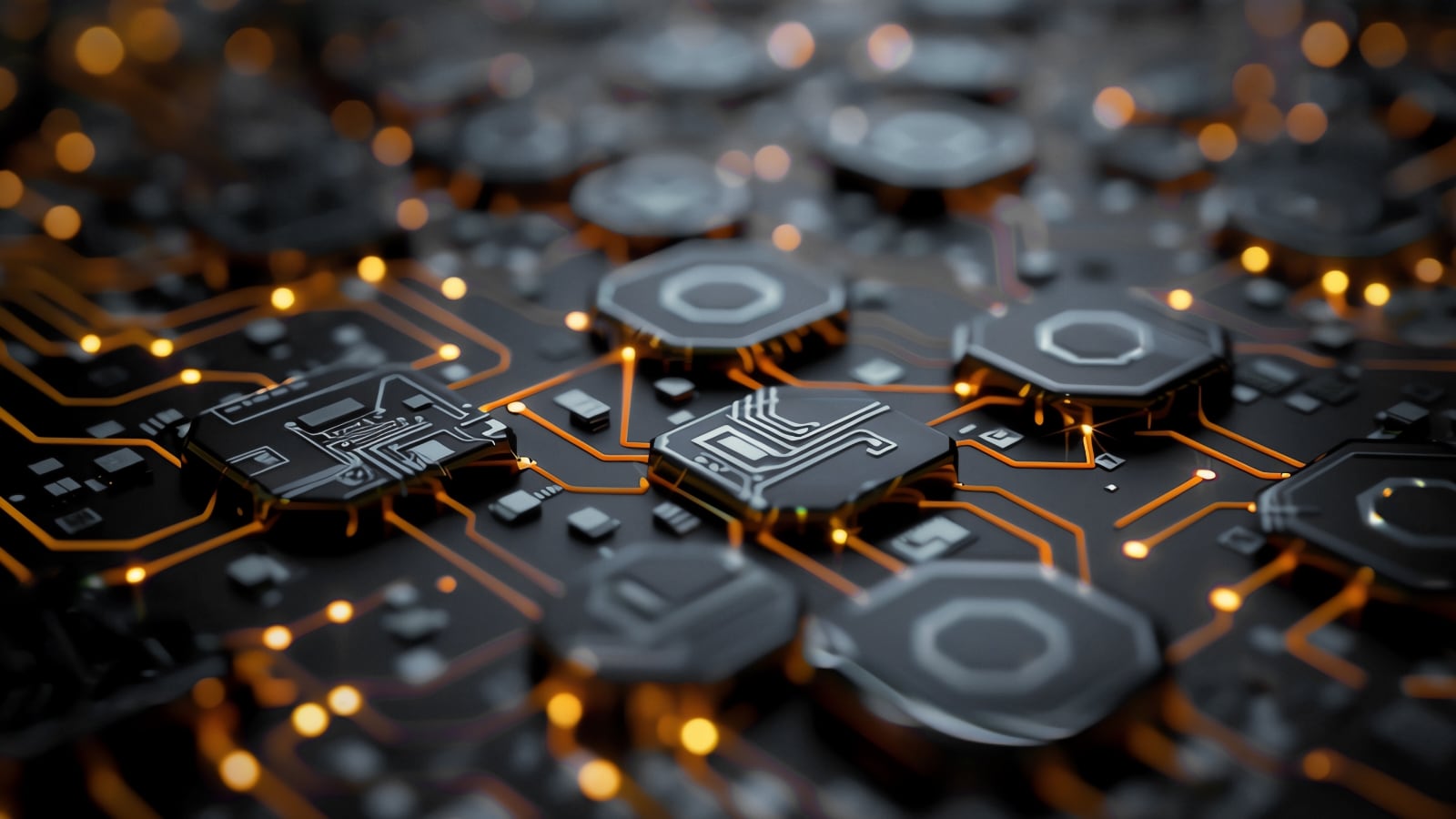{{item.title}}
{{item.text}}

{{item.text}}
Your launchpad to what’s next in business.

Business transformation isn’t just powered by technology — it’s being reshaped by it. Emerging innovations are converging in bold new ways, unlocking lasting impact and opening the door to entirely new opportunities.
Cut through the hype. We help you see what’s possible — so you can lead the disruption, not chase it. Our goal is to merge innovation with trust, offering you a competitive edge in an ever-changing technological landscape. Our tech-led, people-powered solutions can help you stay ahead.
From AI to quantum computing to blockchain, we’re at the forefront of the innovations helping to responsibly shape society and reinvent business models.
We match big ideas with deep experience to help bring companies and industries to new, tech-led, people-powered heights.
Integrating and investing in emerging technology should be a core part of every company’s corporate strategy. We actively monitor the global technology landscape — identifying, evaluating and experimenting with the technologies that will shape our collective futures. Our technologists, engineers and industry specialists work with you to build a strategy around the Essential Eight — emerging technologies we see as the most impactful over the next five years.
Innovation isn’t a one-time goal — it’s a journey that demands momentum, vision and tech that can scale. Technology multiplies growth. We work with you to showcase what’s possible with emerging technologies and your business. Together, we’ll explore new technologies, pilot bold ideas and uncover opportunities to reimagine how you operate.
Data empowers action. We help you grow your business with actionable, data-driven insights, filtering signal from noise so you can move forward with confidence.
The difference we deliver to your business is focused on 4 pillars:
{{item.text}}

{{item.text}}

